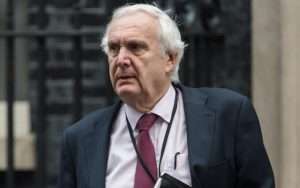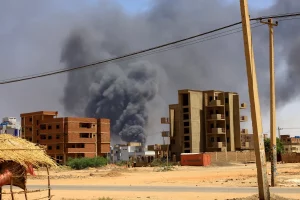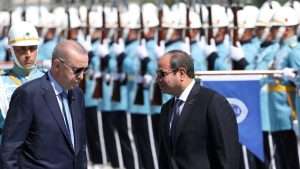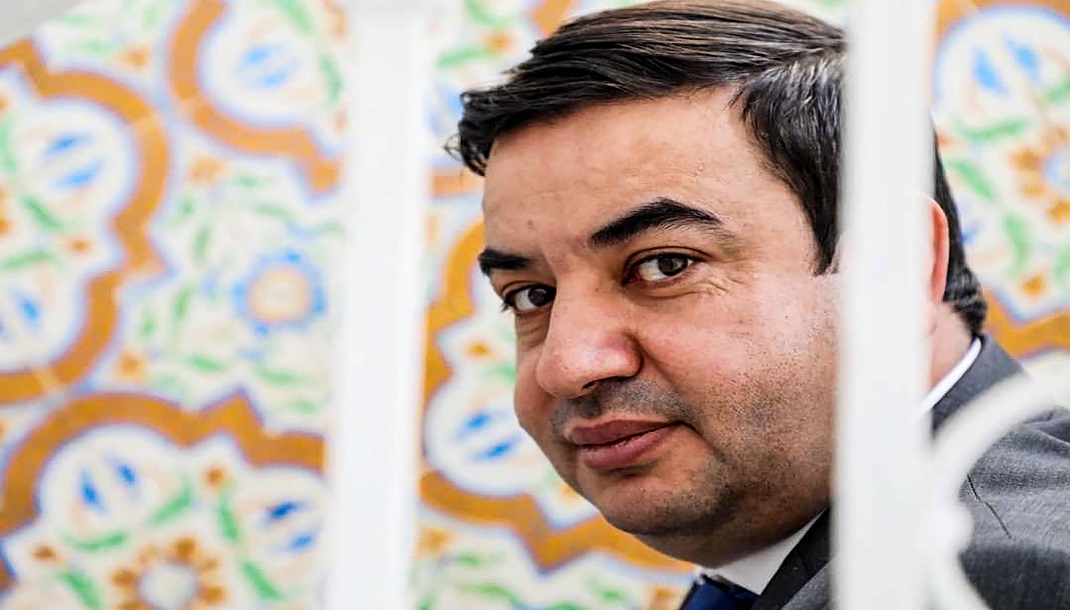Salem AlKetbi: The enigma of Arab politics
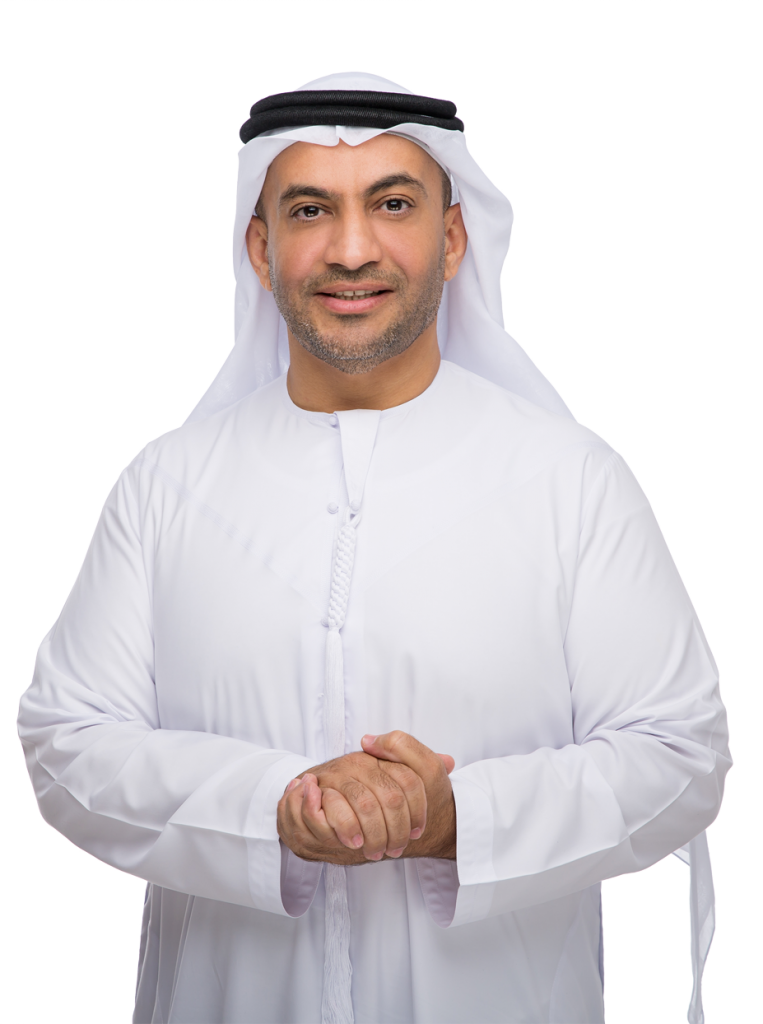
What is happening in Lebanon after the House of Representatives failed to elect a president in eight consecutive sessions is an example of the state of political confusion in that country as well as in our Arab world. In Lebanon, the post of president is vacant after Michel Aoun officially resigned at the end of October.
The political parties and circles have not been able to agree on a new president despite the security, economic and political implications. Conflicts and disagreements are a matter of political practice. However, what distinguishes the Lebanese case is the zero-sum contradiction between the parties and actors in the political conflict.
Things are confused, and interests and wills are strangely contradictory. Lebanon, the state and the nation, cannot afford the luxury of waiting for consensus, compromise, common ground, and other platitudes on repeat without resonance in political behavior on the ground. What is happening is a political comedy in the making.
Neither is the majority capable of completing the constitutional form of the state, nor are the minorities capable of making and reaching the understandings necessary for political and parliamentary action. Lebanese politicians are aware that there is an endless list of priorities that impose themselves on the political agenda of the decisive capitals, at the regional and international levels.
Unfortunately, Lebanon is not at the top of this list. Mainly because of the worsening crisis and international problems and their consequences. In addition, there is the fatigue over the internal disputes in Lebanon and the lack of alternatives acceptable to all parties.
Recently, the ambassador of a Western country in Beirut said that the situation in Lebanon looks grim and that it would not be surprising if interest in Lebanon wanes and it becomes isolated given its situation. Lebanon suffers from the triple whammy of an absent government, a vacant presidency, and a divided parliament.
It cannot find consensus on the issues most important to the country. The crisis is not about whether friendly and allied countries support the country or not. It is primarily about the fact that these elites play a key role in the course of events going forward.
It is not an urgent or temporary issue in Lebanon’s political atmosphere, characterized by various considerations that require a long explanation and discussion. But what is happening now is that the Lebanese state and the Lebanese people cannot survive under such conditions.
Everyone had to stand up for the highest interests of the country and override interests and loyalties, even if it was only for a short transitional period. It is realistic to acknowledge that there are domestic parties such as Hezbollah and its political and parliamentary extensions that do not approve of the idea of a nation-state and do not find it reprehensible to engage in open subordination.
Lebanon is not the only Arab state experiencing divisions and internal conflicts with regional and international dimensions. It also includes other countries such as Libya, Yemen, and until recently, Iraq. Sectarianism plays an influential role in some of these intra-Arab crises.
External loyalties play another equally dangerous role. Both are inseparable, interdependent factors that have disastrous effects on the security and stability of these countries. The point is not that these crises exist, but how we get out of them.
No one has concepts or proposals applicable to the three Arab crises. It is not just a matter of whether or not to elect a president, as in the case of Lebanon, whether or not to hold elections, as in the case of Libya, or how to convince the Houthi faction to submit to national and international will, as in the case of Yemen.
But how to create a real state of stability, restore calm and renew development in this country that has become a complex figure in the equations of regional security. Certainly, the continuation of these Arab crises is a strategic problem in every sense.
These crises consume a lot of diplomatic energy and resources that should really be used for development projects and regional and international cooperation. Moreover, other important issues such as the Syrian issue, the fight against terrorism and other items that deserve to be in the forefront of regional and international attention are slipping off the agenda.
The author is an UAE political analyst and former Federal National Council candidate






